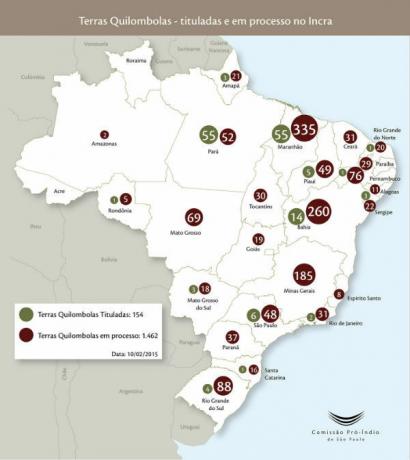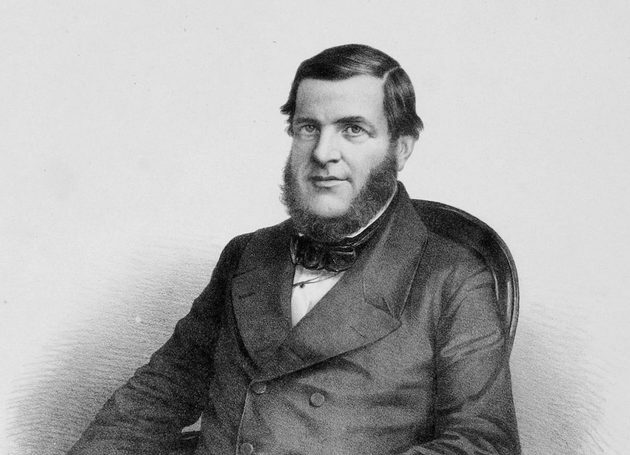O Taubate Agreement it was a meeting held in 1906 by the governors of the states of São Paulo, Minas Gerais and Rio de Janeiro, in the city of Taubaté, in the state of São Paulo, with the objective of finding a state policy to ensure the profitability of the Brazilian coffee growing.
Since the mid-nineteenth century, coffee had become the main national economic product, guaranteeing with its export, mainly to the US, the foreign exchange needed to sustain the State and the economy itself Brazilian. During this period, coffee growers managed to increase production, mainly through the expansion of the planted area.
However, in the year 1906, international coffee prices plummeted, causing concern to coffee growers in São Paulo, Minas Gerais and Rio de Janeiro about the imminent damage they would suffer. In view of this, at the initiative of the president of the state of São Paulo, Jorge Tibiriçá, the Taubaté Agreement was called to find a policy to value coffee. With the participation of the president of Minas Gerais, Francisco Sales, and of Rio de Janeiro, Nilo Peçanha, those present at the meeting reached an agreement on February 26, 1906. In it, the State bodies would be responsible for buying coffee at a minimum price, guaranteeing the income of the coffee growers. The control of the exported volume of coffee would be the responsibility of the State, carrying out the flow abroad according to market variations, seeking, in this way, to control international prices.
To guarantee this valuation policy, the State would take out a loan of 15 million pounds sterling to guarantee the viability of the proposal. It would also charge a tax on coffee bags, in order to match the value of the loan made. It would also create a Conversion Fund whose function was to maintain the balance of monetary valuation, in order not to escape control of the consequences of the policy.
President Rodrigues Alves was unwilling to assume the burden of this policy, leaving each state to purchase the excess coffee. Later, with the election of Afonso Pena, this situation would change, and the federal government was responsible for maintaining the policy of valuing coffee. The results were positive in the first year, and in the following decade the profit achieved by the growers would increase considerably due to the growing situation of purchase of the product on the market. International.
Do not stop now... There's more after the advertising ;)
The Taubaté Agreement provided for some measures to prevent the unbridled expansion of production, avoiding very high costs for the State. But as the coffee growers were in control of the state machine, such measures were not followed, and production increased considerably, as did the rents paid to farmers.
This policy of guaranteeing private profits through public institutions showed the true function of the Brazilian State: ensuring the necessary conditions for the economic activity of the social class that controlled.
The results of this policy were disastrous when the price of coffee plummeted in 1929, with the crash of the New York Stock Exchange, where the price of Brazilian coffee was quoted. It was not possible to contain prices at acceptable levels. The result was the enormous loss of the coffee growers and the end of the exclusive political domination of the coffee growers in the Brazilian State. The other oligarchic groups were able to rise to power, which happened with the Revolution of 1930, commanded by Getúlio Vargas.
But Vargas did not completely abandon the valuation policy. As coffee was still the main source of foreign exchange for the economy, it was necessary to value it. The solution was to burn huge amounts of the product. However, another consequence could not be resolved: the debt caused by obtaining national loans for the coffee valorization policy. The external debt increased considerably in the period, leaving the State to bear its costs.
By Tales Pinto
Graduated in History
Would you like to reference this text in a school or academic work? Look:
PINTO, Tales dos Santos. "Agreement of Taubaté and the coffee valorization policy"; Brazil School. Available in: https://brasilescola.uol.com.br/historiab/convenio-taubate.htm. Accessed on June 27, 2021.



